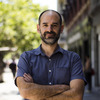Citizen Science and Technology in the Context of Ecological Crisis
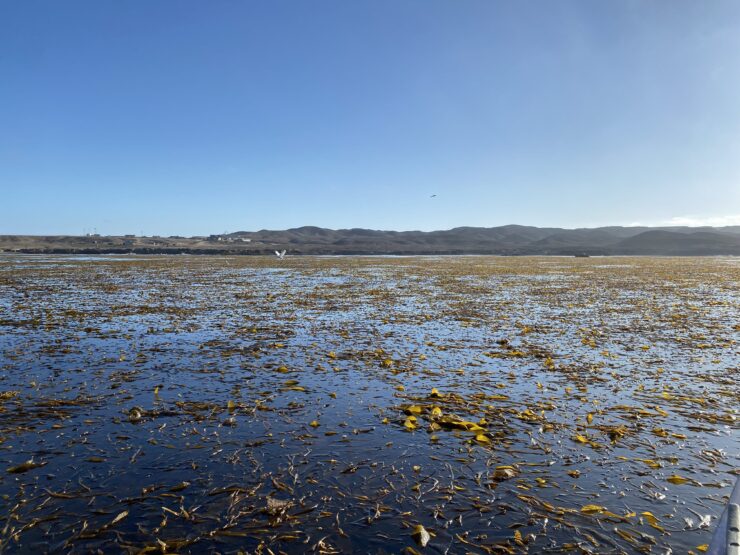
The 2023–2025 Prince Claus Chair focuses on exploring, analysing, and disrupting the barriers facing the mobilization of citizen science and technologies for the participative assessment and/or remediation of environmental degradation in the global south.
Duration: December 2023 – December 2025
Chairholder: Sebastián Ureta
Postdoctoral Researcher: Mandy Geise
Location
Research Team
Updates & Blogs
Resources
Partners
Get in touch
About the project
The Challenge of Independent Information in the Global South
In many locations throughout the Global South, independent and reliable information on the socioecological impacts of environmental degradation is often lacking, especially at the community level. Citizen science initiatives have emerged to address this gap by developing low-cost environmental assessment methods and technologies.
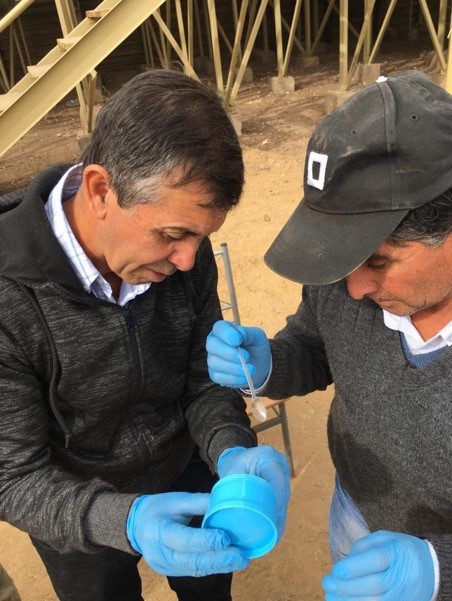
Despite significant advancements in citizen science projects, many initiatives struggle to move beyond their initial locations and prototypes. This limitation significantly reduces their potential impact on the global ecological crisis.
The 2023–2025 Prince Claus Chair: Objectives and Methods
The Prince Claus Chair (2023–2025) focuses on exploring the barriers hindering the mobilization of citizen technoscience for environmental assessment and remediation in the Global South. This work involves ethnographic research, action-research methods, publications, and public outreach initiatives to foster dialogue among stakeholders.
Sebastián Ureta, as the holder of the Prince Claus Chair, aims to highlight the challenges faced by low-cost environmental assessment projects, particularly their struggle to move beyond successful prototypes in the Global South.
Case Studies and Regional Focus in Latin America
The research includes three case studies in Mexico, Costa Rica, and Chile. These studies aim to uncover lessons and identify themes related to using technologies for understanding and addressing environmental degradation.
The initiative engages researchers, practitioners, citizens, and policymakers involved in citizen science and technologies. It also collaborates with actors and networks focused on participatory approaches, maker labs, and frugal innovation, particularly in Latin America.
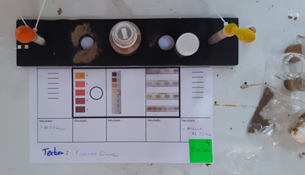
Location
Research Team
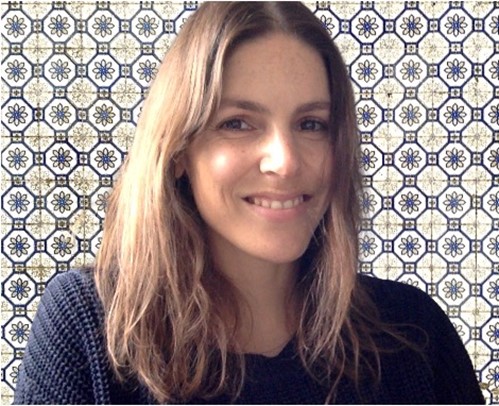
Dr. Mandy Geise
Postdoctoral Researcher
News and blogs
At the moment, we have no publications to share, but updates will follow soon. Here’s a glimpse of what we’re working on and recent highlights:
- Inaugural lecture: Sebastián Ureta delivered his inaugural lecture, Citizen Science for a World on Fire, in June 2024.
- PCC Highlight Report 2024: View the highlight report here
- Conference contributions: In July 2024, we participated in the 4S/EASST Conference Making and Doing Transformations in Amsterdam. We organized a panel titled Marine transformations: exploring the technoscience behind our changing relationship with the seas and delivered the presentation Zombie participation: exploring the afterlives of environmental citizen science projects in Latin America.
Below you’ll find the blogs and events.
-
Fieldwork visit Mexico, September 2024
In September 2024, PCC postdoctoral researcher Mandy Geise traveled to Baja California Sur, Mexico, to conduct fieldwork on the use and application of technologies by fishing cooperatives, NGOs and scientists in an initiative to monitor water quality on the Pacific coast of Baja California. An association of fishing cooperatives in this region, FEDECOOP, together with…
-
Workshop on Citizen Technoscience in Latin America and the Netherlands: Exploring Paths for Reflection and Collaboration
📅 Dates: Thursday 3 & Friday 4 April 2025📍 Location: International Institute of Social Studies, The Hague What can researchers, citizens, and other stakeholders in citizen science in Latin America and the Netherlands learn from each other? How can they collaborate to ensure citizen science and technologies facilitate participatory, inclusive, and sustainable ways of measuring and addressing local manifestations of…
Resources
No resources yet. Follow us on LinkedIn for updates.
Partners
- We’re working together with researchers and through the Núcleo Milenio sobre Tecnociencia Ciudadana para la Transformación Socioambiental (CITEC), a collective of researchers and creators from various Chilean universities that seeks to create a better connected and more efficient network of citizen science and technological development.
- In the countries where we are analyzing and reflecting upon the citizen technoscience initiatives, we work together and receive support from:
- Comunidad y Biodiversidad (COBI), a civil association working with fishing communities in its work towards conservation of marine biodiversity and the establishment of sustainable fisheries through effective participation.
- Organizers and participants of the Rally Femenino de Tecnologías Geoespaciales, an initiative that offers trainings and events in which women in rural areas of Costa Rica are trained to understand and apply geospatial technologies and digital applications, including in the development of their own prototypes to address water, agriculture, fire management and other environmental issues.
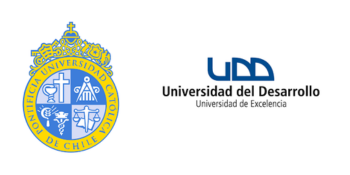
Related projects and networks
- Iberoamerican Network for Participatory Science (Red Iberoamericana de Ciencia Participativa, RICAP): https://cienciaparticipativa.net/fundad/
- Latin American Network for Frugal Innovation (Red Latinoamericana de Innovación Frugal, RELIF): https://redinnovacionfrugal.lat/
- Núcleo Milenio sobre Tecnociencia Ciudadana para la Transformación Socioambiental (CITEC)
Get in touch
We value opportunities for exchange, mutual learning and active collaboration on (overcoming) the complexities and barriers in citizen science and technologies and participatory approaches in socioenvironmental transformation. For general inquiries, please contact Mandy Geise.
